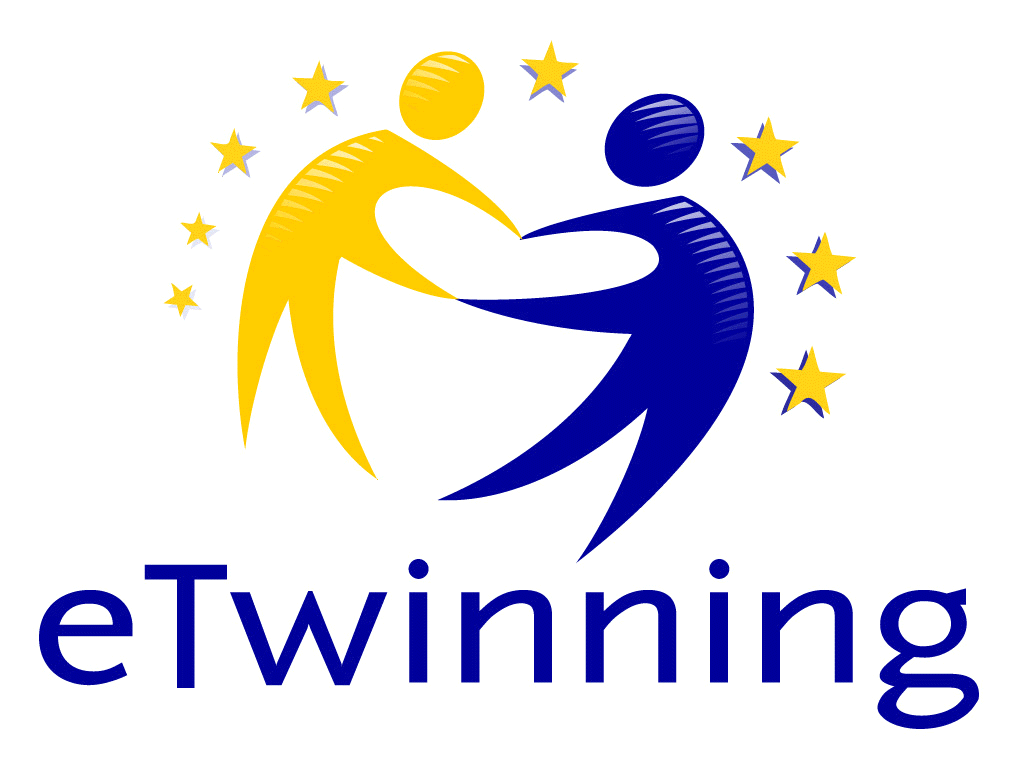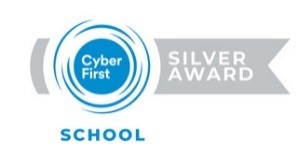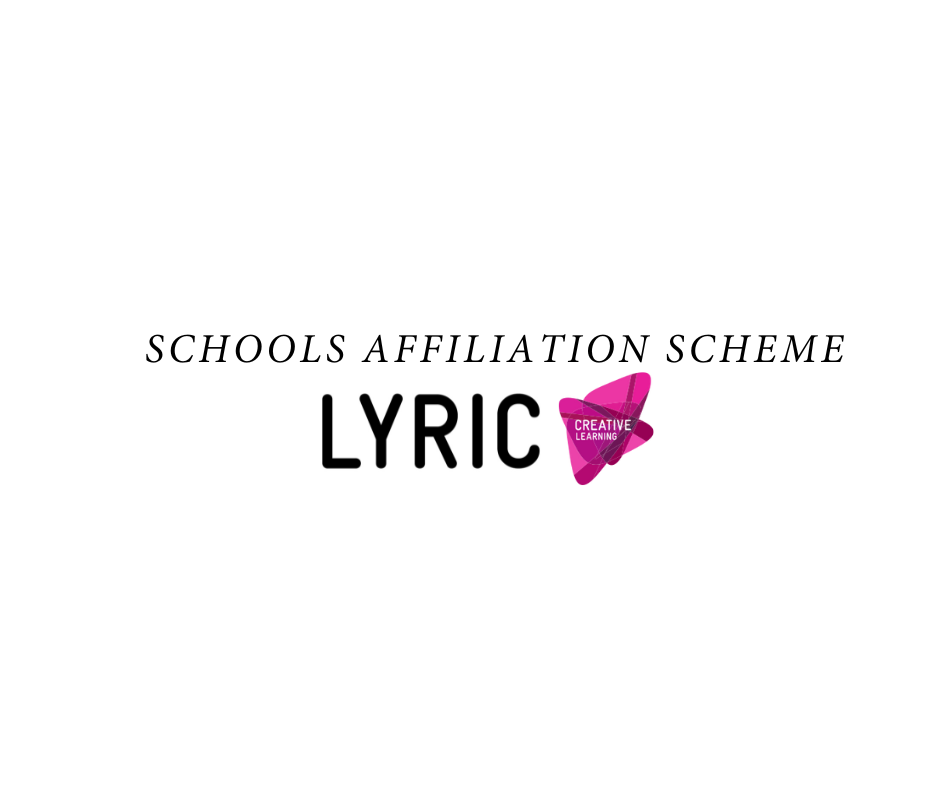Introduction
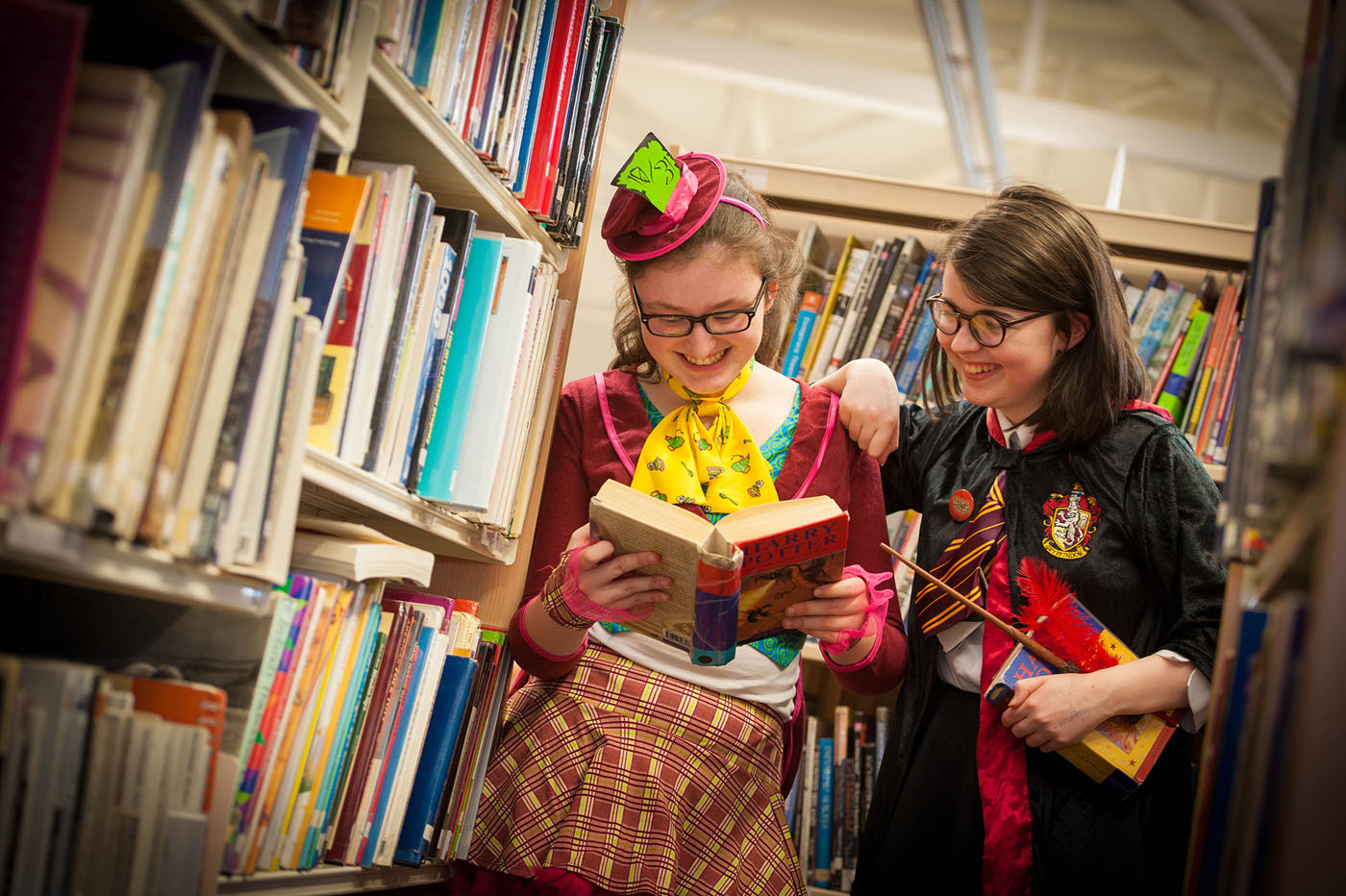
English is a core curriculum subject which services the whole school. Its three profile components are:
- talking and listening;
- reading;
- writing.
The emphasis at all time is on active learning. The fostering and maintenance of pupils' enthusiasm for the subject is central to the philosophy of the department.
Discussions, role-playing, empathic exercises and a variety of other dramatic activities are used in the classroom as vital aids to learning. wide reading is encouraged; the students maintain reading logs in every year.
As well as regular teacher assessment, pupil self-assessment is also encouraged as a creative aid to real progress.
KS3 English
At Key Stage 3 language and literature are taught as a unified whole; the students are taught to appreciate and produce language in a variety of contexts: functional, transactional, literary, critical, creative and personal. Poetry, prose and drama texts form an integral part of our teaching schemes.
GCSE English
At present we follow the Northern Ireland GCSE English syllabus (CCEA) which has been designed to be compatible with the CCEA English Literature syllabus. Work submitted for the attainment targets of Reading and Writing, where suitable may also be used for assessment in English Literature.
GCSE Written Exam (60%)
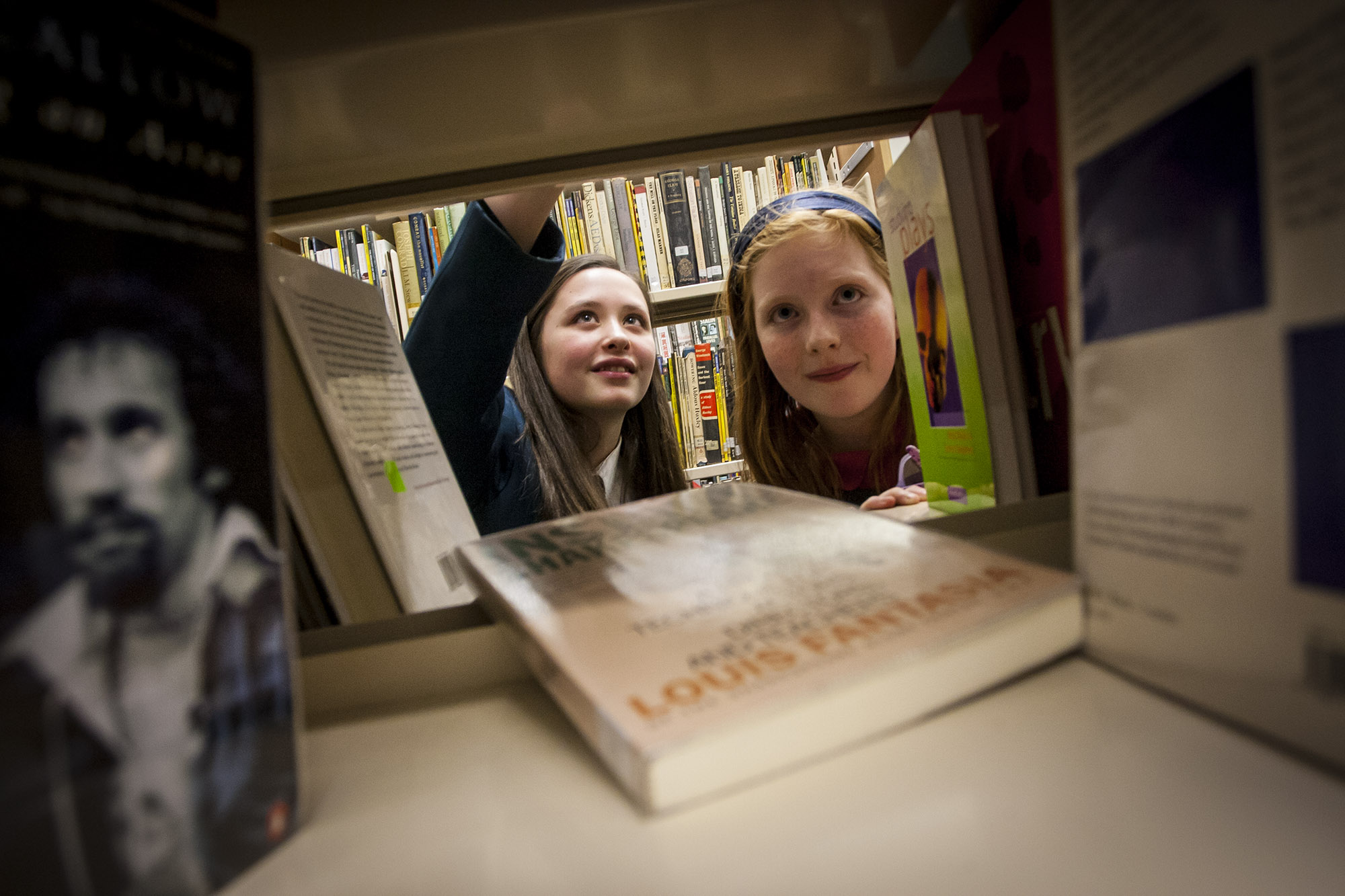 Paper 1 ( 2 hrs) ; 30%
Paper 1 ( 2 hrs) ; 30%
- Section A - Reading: Literary Prose Comprehension (Anglo-Irish; post-1914)
- Section B – Writing*: Discursive Essay
- Paper 2 (2hrs); 30%
- Section A – Writing*: Functional/Transactional /Practical
- Section B – Reading: Comparison of 2 non-lit texts, one of which is non-fiction (e.g. autobiography, travel), the other media (e.g. newspaper article, leaflet). 3 or 4 questions: including one on non-fiction, one on a media text and one comparison.
*NB In both writing sections one-third of the marks will be awarded for sentence structure, punctuation and spelling.
GCSE Talking and Listening (Orals) 20%
The best 3 assignments are selected for assessment. The range of tasks should provide opportunities to :
- explain, describe, narrate
- explore, analyse, imagine
- discuss, argue, persuade
The situations should include the formal and informal.
The contexts must include :
- individual contribution (+interaction)
- group interaction
- drama-focused activity (e.g. assuming roles from play)
GCSE English Coursework Folder (20%)
There are four assignments: Recommended upper limit – 2,500 words
GCSE English Literature
At present we follow the Northern Ireland GCSE English Literature syllabus (CCEA) which has been designed to be compatible with the CCEA English Language syllabus. Assessment is by written exam (70%) and coursework (30%).
Written Exam. (70%)
The exam is 2.5 hours long and has three sections:
- Section A - Modern Drama: Open Book- clean text
Choice of 2 questions. Candidates will be directed to a particular passage as a starting point for consideration of issues raised there and elsewhere in the play. - Section B - Modern Prose :Closed Book
Choice of 2 questions. More general than those for Sections A and C. - Section C- Poetry pre-1914: Anthology One Open Book; clean text
Choice of 2 questions, (a) or (b). Both will require 2 poems to be considered. One will be specified.- In (a) type qs, candidates will compare and contrast the specified poem with one of two others named in the q.
- In (b) type qs they will compare and contrast the specified poem with one other appropriately selected poem from the anthology.
- Coursework Folder: (30%)
3 Assignments (max.: 2,500 words)- Modern Poetry (crossover with English)
- Shakespeare (crossover with English)
- Pre-1914 Prose
A-level English
A-level English Literature students follow the AQA syllabus which includes an attractive coursework option.


